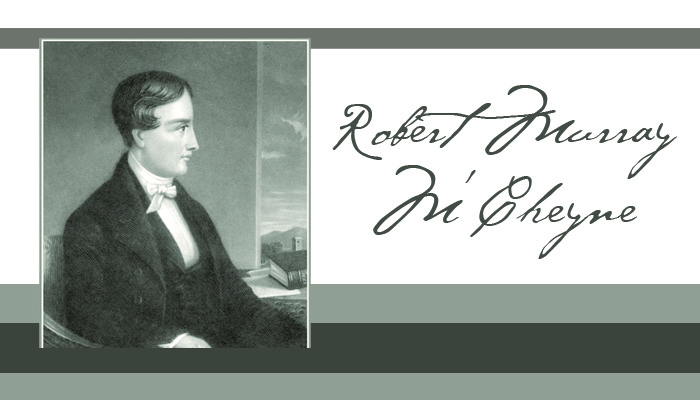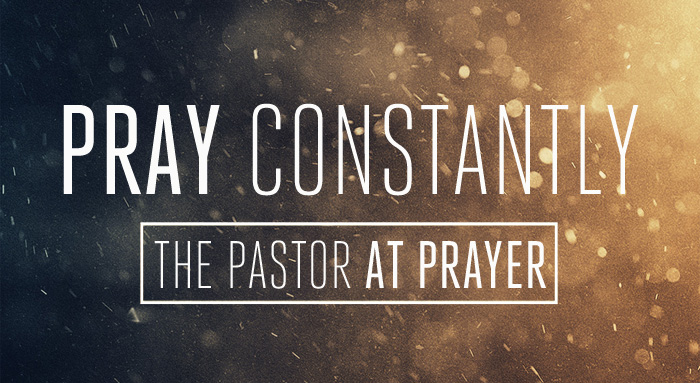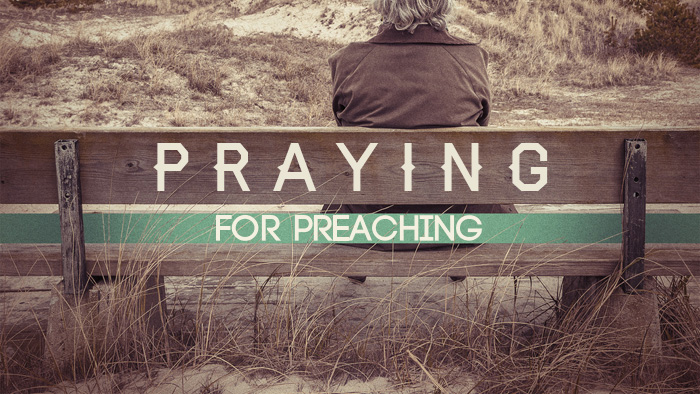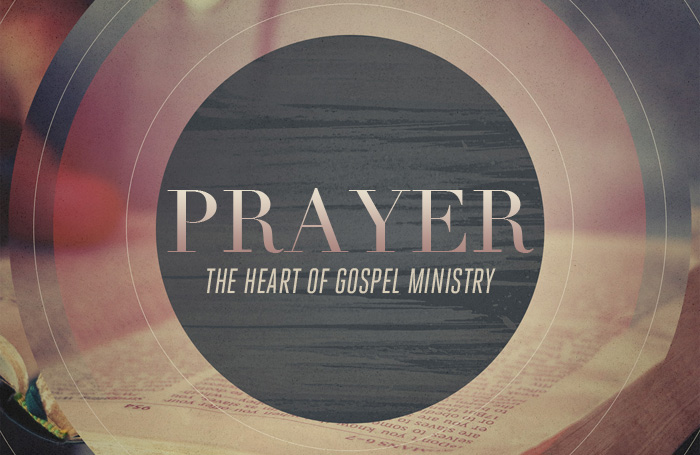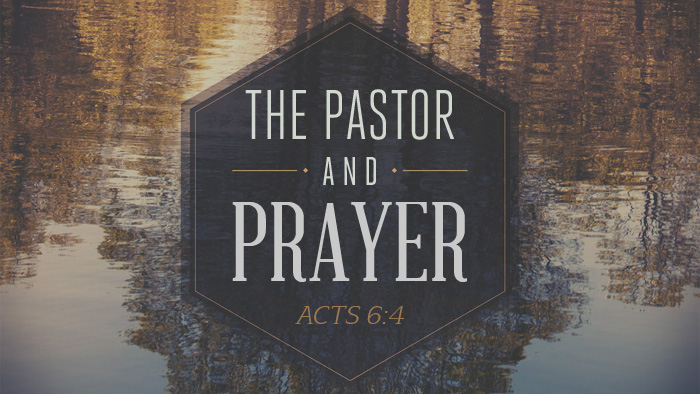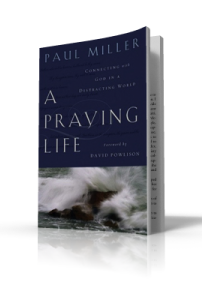In 1 Corinthians 9 Paul tells the church at Corinth it is quite right to pay ministers of the gospel. Gospel heralds are oxen that ought not be muzzled. But, so that the churches would not be burdened and that he would have his reward, Paul preaches the gospel free of charge. Such selflessness offers no ground for boasting for God’s will compels him to preach. He declares, “Woe to me if I do not preach the gospel!”
I’ve thought often about that word, “woe.” It carries the sense of eschatological judgment. Perhaps James gives us the best brief exposition when he ways, “Not many of you should become teachers, my brothers, for you know that we who teach will be judged with greater strictness.” If the Great Apostle does not preach the gospel he believes he will be fiercely judged.
A Woeful Service
In older times pastors spoke of gospel ministry as an “awful ministry.” The ministry is full of eternal weight and so one must enter into it full of awe. In what surely is the best book ever written on pastoral ministry Charles Bridges puts his finger on this very point as he considers the proper view of Christian ministry. He writes,
“[Is it any wonder] to see ‘the chiefest of apostles’ unable to express his overwhelming sense of his responsibility — ‘Who is sufficient for such things (2 Cor 2:6)?’ Who, whether man or angel, ‘is sufficient’ to open ‘the wisdom of God in a mystery’ — to speak what in its full extent is ‘unspeakable’ — to make known that which ‘passeth knowledge’ — to bear the fearful weight of the care of souls? Who hath skill and strength proportionate? Who has a mind and temper to direct and sustain so vast a work? If our Great Master and not himself answered the appalling questions by his promise — ‘My grace is sufficient for thee (2 Cor. 12:9);’ and if the experience of faith did not demonstrably prove, that ‘our sufficiency is of God (2 Cor 3:5);’ who, with an enlightened apprehension, could enter upon such an awful service; or, if entered, continue in it?”
Channeling Paul, Bridges calls gospel ministry a “fearful weight” and “an awful service.” Now, that’s a view of the ministry worth attention in our day. Does anyone talk like this today? We need more people talking about how fearful ministry is, not simply how fun it is. For the purposes of this post I’d like to channel Paul in another direction—by thinking of gospel ministry “a woeful service.” Paul gives all ministers one woe in 1 Corinthians 9:15, but are there others we can pull out from Scripture? It seems to me that by clear reasoning or good and necessary consequence there are at least six woes in gospel ministry.
6 Woes in Gospel Ministry
Woe to me if I do not preach the gospel! The gospel ministry is precisely that: a ministry dedicated to declaring the gospel. God commissions pastors as heralds and woe be upon us if we do not earnestly and persistently proclaim, “Hear ye! Hear ye! Thus saith the Lord . . .” Paul doesn’t say, “Woe to me if I don’t preach.” He says he must preach the gospel. If the announcement that Christ died for sin, was buried and then raised on the third day in accordance with the Scriptures doesn’t permeate our ministry we are in desperate trouble. The command is clear enough, “Preach the word; be ready in season and out of season; reprove, rebuke, and exhort, with complete patience and teaching” (2 Tim. 4:2).
Woe to me if I do not pray! Every Christian is to “pray without ceasing” (1 Thess. 5:17), yet there ought to be peculiarly strong callouses on the knees of faithful pastors. With sweat and tears we must wrestle with God to bless our congregation and our ministry. James says we are men just like Elijah and look what he was able to do in prayer—hold up rain in Israel for three and a half years! Without prayer we have no reason to expect God will move in power through our churches. The Prince says it best, “Of course the preacher is above all others distinguished as a man of prayer. He prays as an ordinary Christian, else he were a hypocrite. He prays more than ordinary Christians, else he were disqualified for the office which he has undertaken.”
Woe to me if I do not shepherd the sheep! The Fiery Apostle’s word to elders is keen on this point as he writes, “Shepherd the flock of God that is among you” (1 Pet. 5:2). Here we must be careful to have a complete view of shepherding. True shepherds know, feed, lead, and protect the sheep. Every pastor will uniquely gravitate toward a few particulars of the four-fold work of shepherding. He must thus labor diligently in those areas where he is naturally weak lest he sow and reap judgment on our sheep.
Woe to me if I do not evangelize! Timothy, and all pastors ever since, are commanded to “do the work of an evangelist” (2 Tim. 4:5). If a pastor is preaching the gospel with faithfulness he undoubtedly evangelizes in every sermon. But is the pulpit the only place where evangelism should happen? Clearly not. The great evangelists of old held huge rallies where plenty of lost people would come. Their revivals were there evangelism. Furthermore, in many centuries it was the lawful duty of all town citizens to gather for worship on the Lord’s Day. Thus many Puritan preachers, for example, had scads of nominally religious attenders in every service to evangelize. Yet, in our day of shifting cultural sand many preachers cannot expect to automatically have large swaths of lost people in gathered worship. We must thus hit the streets, restaurants, and communal gathering places to reach those apart from Christ.
Woe to me if I do not disciple! Christ’s marching orders tell all believers to make disciples, yet there is a unique discipling work Paul gives to pastors. He writes, “What you have heard from me in the presence of many witnesses entrust to faithful men who will be able to teach others also” (2 Tim. 2:2). A major thread in the tapestry of gospel ministry is the training of future leaders. This might come through regular discipling relationships or in church officer training. Let every local church labor for the Spirit’s help in becoming a godly leadership factory. May we all have a company of pastors birthed from our ministry.
Woe to me if do not pursue holiness! Oh, how we must exercise the soul. The Great Apostle famously writes, “Train yourself for godliness” (1 Tim. 4:7). Proper pastors watch their life and their doctrine closely. What our people do indeed need more than anything else is our personal holiness. We need gifts and graces. May there be a renewed understanding in our time that holiness weaponizes—in a wondrous way—gospel ministry. M’Cheyne, that holy man of old, said, “A holy minister is an awful weapon in the hand of God.”
Who is Sufficient?
Are there more woes in gospel ministry? Undoubtedly. I’m sure I’ve neglected something. But you might be like me and think, “Those six are sufficient to provide fear and awe in the Lord’s service.” We probably see them and cry with Paul, “Who is sufficient for such things?” The answer is oh so sweet, “Those who have tasted and seen God’s grace.” Just before he commands his young protege to train leaders Paul gives the secret to success in gospel ministry, “Be strengthened by the grace that is in Christ Jesus.” There are unsearchable riches of grace found in Christ. May we sense them anew as we labor under an awful, woe-filled ministry.


